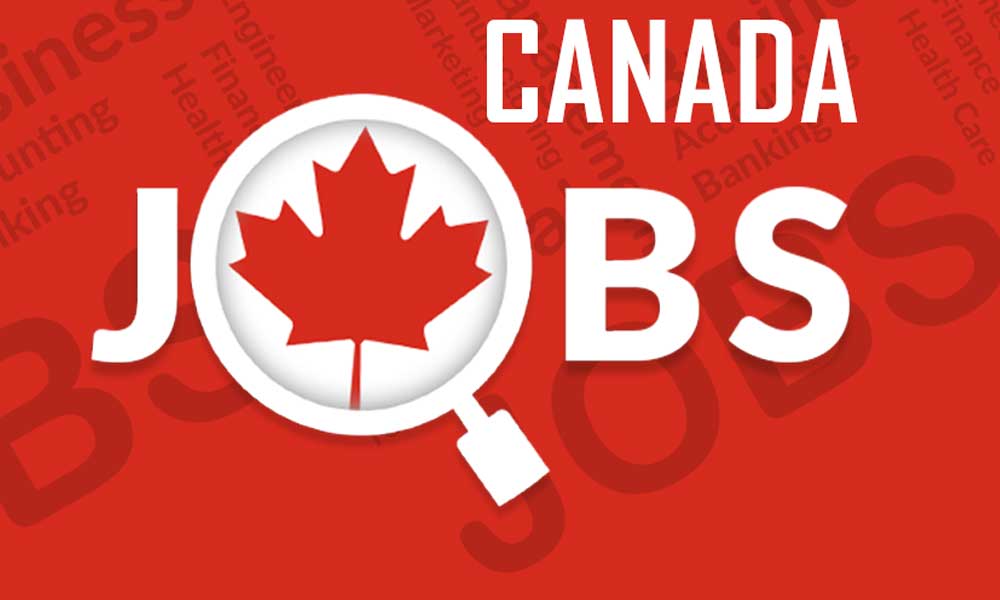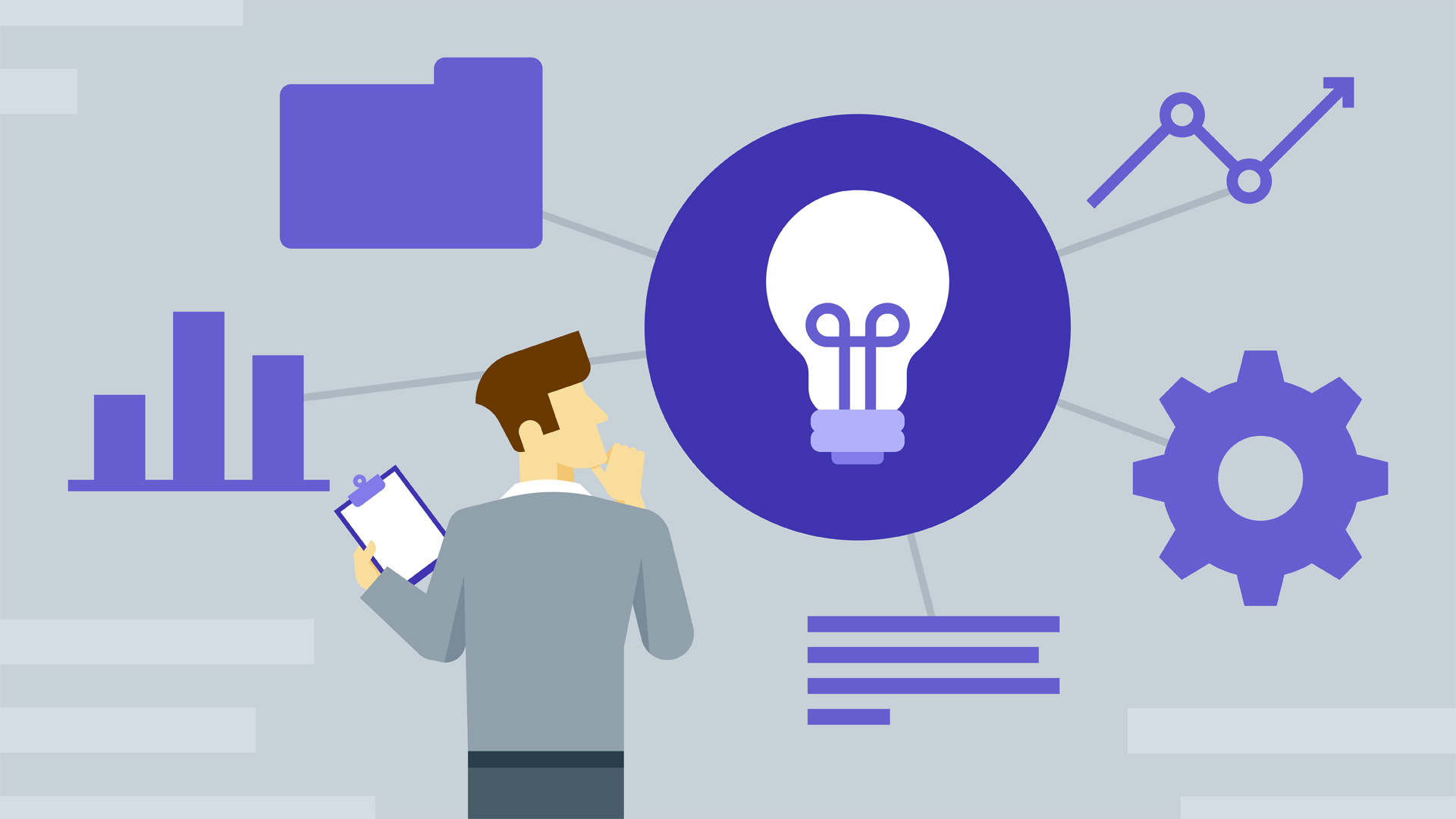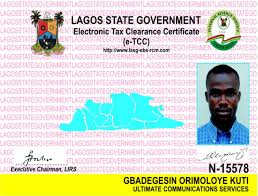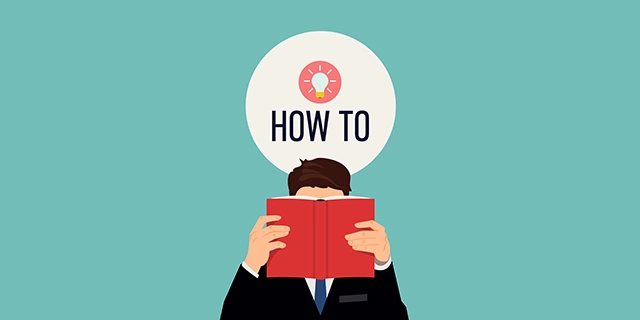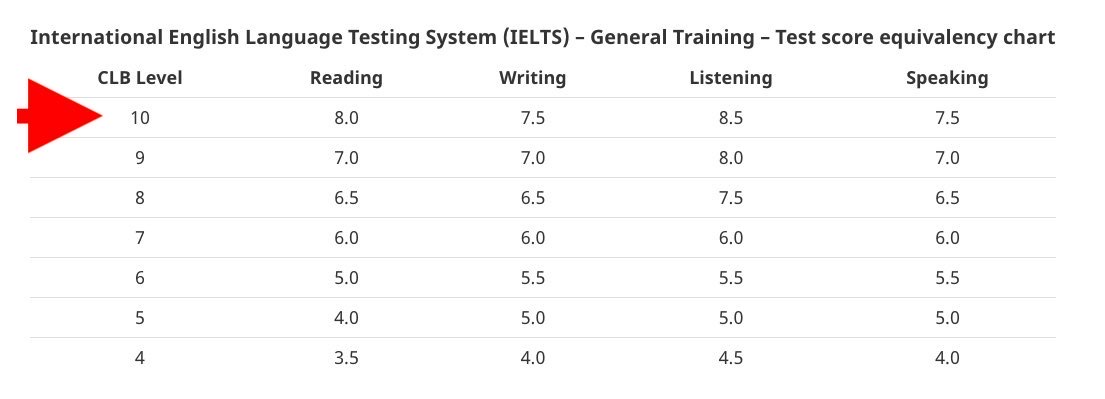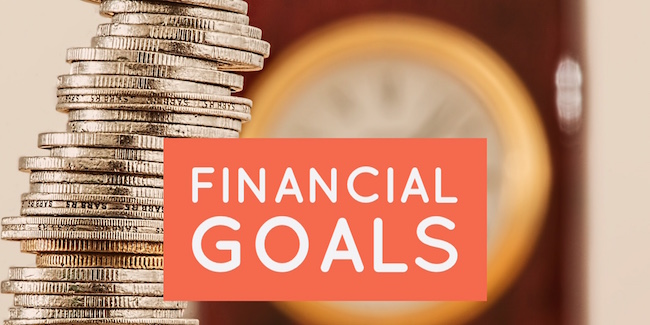How to get settled after arriving in Canada
So you've landed in Canada, how do you go about getting settled - housing, career, family, school, healthcare? Are you a young, middle level or senior professional? How do you bring your funds into Canada? What organizations can help you? Need some helpful tips?
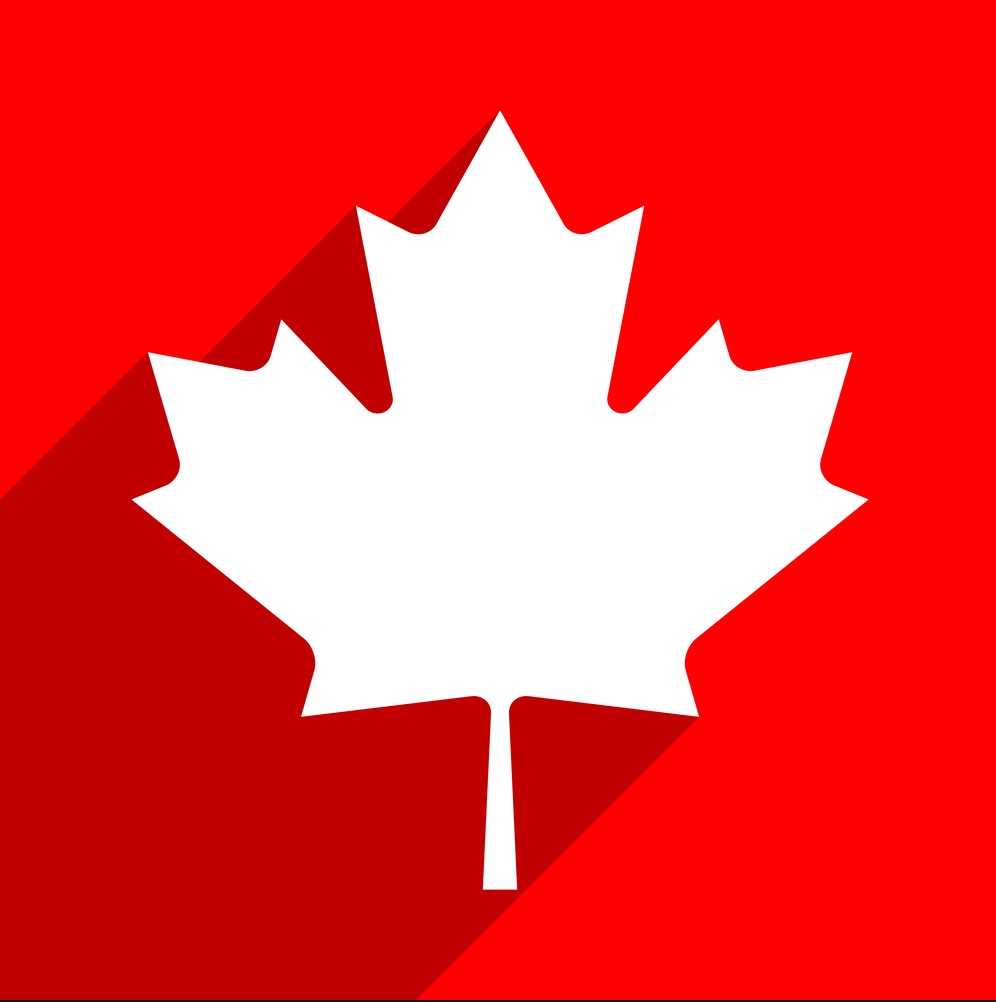
Welcome to the next phase of your life. The more good quality information you have, the better the decisions you can make for yourself, and the better your experience can be in settling down. There's a lot to know and it helps if you get someone to help with some hand-holding.
Social insurance number (SIN)
From the moment you land, you'll probably sign up for your social insurance number (SIN) at the airport during your landing process. If you don't get this done at the airport, then once you've slept off the jet lag, head on up to the Service Canada website/office to get it done
You'll get a printout with your SIN, which is your official ID number as a resident of Canada. 6 to 8 weeks later, you'll get the SIN Card or PR Card in the mail. But with the printout, you can proceed to the next important thing - set up a bank account.
Bank account
CIBC, RBC, TD, Scotia Bank, BMO and NBC are referred to as the big six. You can open an account with any of them with your passport and SIN. Then you need two things from them - a statement of your account to be sent to your home address the next day and wire information
Read also : Scholarships & Jobs in United Kingdom.
You need your bank statement as proof of address to get your health card while you need the wire information so you can wire any funds you want to bring into the country to your bank account.
Bank sorted, next you need to get your health card. For this, you need to go to the Registry.
Health card
Government is pretty decentralized here and the issuance of licenses, cards, permits etc is done by private agents, called registries. There's one in each major neighbourhood. So find the nearest one, that's where you need to go to get your health card.
Your health card, depending on your province, avails you access to a doctor, emergency care, and to some extent prescription drugs but varies by province. You'll need your proof of address, ID, SIN number etc to get the health card.
Canada Child Benefits, Fair Entry and GST/HST rebates
Once you get your health card, then forms.But before you can get the forms, you'll need the services of an immigration counselor, as per being an immigrant, they have to request it for you.
- Canada Child Benefits
- Fair Entry
- GST/HST rebates
If you have kids, you definitely need the CCB (Canada Child Benefits), which is a monthly payment made to parents/caregivers to enable you to take care of your kids, cover groceries, essentials, drugs, until they are 18. The amount is adjusted after every tax filling and reduces until zero. But when you land, it's a healthy sum of anywhere between $400 or $600 per kid.
Fair Entry allows you to pay a discounted rate on public facilities - gyms, swimming pools, bus and train passes. While a regular monthly bus pass costs $106, you get to pay anywhere between $33 and $65 instead. This can be quite helpful while you're still job-hunting.
Read also : Apply for American Jobs with Visa Sponsorship to Work & Live Permanently.
Then you should also fill out the GST/HST rebates form so that you get that also.
Forms done, then you can face the task of job-hunting, but no.
Cars and driver's license
You realize quickly that moving around can be a challenge if you don't have a car. This country is big and most cities are also so large. There's a very efficient transport system because it works on time but not according to your time. A short trip of 25 mins can take 2 hours using the bus and train network as there are many stops. You can use taxis and uber but they are expensive.
Best bet is to get a car. This means two things, you need to get a driver's license and you need to buy a car. You need to get the driver's license before you get the car, because you can't register a car without a license.
You need to pass an online test to get an interim license - learners permit. Then you need to do a 15 minutes road test to get a Class 5 GDL license that allows you drive with some restrictions on what you can drive or where you can go. If you go ahead and do the advanced road test, which is 2 hour long, then you can get a class 5 license, which allows you drive without restrictions, as long as you're driving your own personal car. You need other classes of license to operate commercial transport, drive other forms of transportation etc.
Car online test
Starting from the online test. This is actually pretty straightforward, its a 30-question multiple-choice test, you need to answer 25 questions correctly. There are practice tests online that you can use. We will take off from the driving test again.
We only talked about the online test and i suggested that you use the online practice tests to practice well so that you don't have to write it several times (like some of us) due to 'I too sabi'.
Read also : Getting a high paying job in Canada.
Guess what? the test questions aren't really different so use it well. When writing the test, you can skip questions you're not comfortable with, but it's just 30 questions so you still have to answer them.
Car road test
Then we move to the Road test.
The basic road test is a 15 minutes test that you do at the registry. An inspector will sit beside you and direct you to do certain things, not limited to:
- Parallel parking
- Uphill parking
- Downhill parking
- Merge with busy traffic
- Obey traffic signs and speed limits
Basically, you will be tested on most of the things in the driver's manual. Let me quickly add 3 errors that are an instant fail:
- Speeding over 30km in children play zone
- Rolling stop at a stop sign or stoplight
- Climbing the pavement while parking or turning at a junction
The basic road test is done on neighbourhood roads and less busy streets. You'll get on a major road for a few minutes but that's all. The emphasis is more on mobility within the city.
The advanced road test includes the expressway and highways, merging into high speed traffic
Read also : 15 skills Product managers need to have.
What you do to pass is get a warm-up with a driving instructor before you do the test - basic or advanced. There are driving instructors at most registry offices where the driving test is done. So you approach them and they'll charge you a fee to give you a warm-up session.
This will enable you to be more confident when you eventually go on the actual test with the instructor.
When you pass this test, you'll get your learner permit, which means you can only drive with another qualified driver beside you and a sign that says 'Learner Driver' on the back of your car.
Then they'll request your Nigerian driver's license, and send it back to FRSC to verify that its genuine. They'll also verify your driving record to see if you qualify for a basic test or advanced road test.
When they verify, you'll be notified that you can come do the basic or advanced road test.
Once you get a driver's license - interim, basic or advanced, then you can buy a car.
3 options - auction, private seller or dealership.
First a message from the sponsor - Me. There's a lot of helpful information on my youtube page too so feel free to go view it and subscribe: Dolapo Oni The professional page where I give my opinions on career development, relationships and everything I care about
Buying your car
Let's move on to buying your car. We've talked about how important it is to own a car, for mobility. A bus trip of 15 mins can be anywhere from 45 mins to 1.5hrs.
Read also : 15 things to do as a new international student in Canada.
Because there are 50 stops on the route. So the best thing to do is own your car so you can move. The prime reason is that you want to be able to move faster in winter. You don't want to be at the bus-stop in -35 degrees celsius,, waiting 12 minutes for the next bus,, no matter how many layers of clothing you're wearing.
If your budget for a car is no more than $5k, then i typically recommend you patronize a private seller on facebook marketplace, Kijiji, Auto-trader, Cargurus etc or you buy from an auction place.
However, if you plan to spend more, then approach a dealership and buy from their used inventory. You'll get something with less mileage and possibly able to last longer.
When buying below $5k, if you desire to buy something less than 10 years old, you'll have to trade off mileage so it will have more miles on it. The rule of thumb is 10 - 15k kilometres per year for American cars and 20k for Japanese/South Korean cars. So if you're buying a 2011 toyota camry, you'll be looking for something with less than 180,000 kilometres.
Don't worry it's mostly highway mileage, because the cities are big and the roads are long to literally anywhere. The cars are mostly well maintained and able to work for a few more years.
But still do your proper diagnostic. Get a diagnostic expert on facebook marketplace to meet you at the location where the car is to check and tell you what the issues are if any.
Also request the Carfax report, which will tell you if the car has been in an accident or experienced any other issue requiring an insurance claim. Insurance coys only pay once on hail damage. so if they've paid before, they won't pay to the same owner again, and you, the new owner, will have to pay a higher premium also so its key to watch for that.
When buying from a dealer, request the AMVIC report, which is the 90-point inspection report by their head mechanic, who has to sign off, basically staking his reputation, to show that the car is good to go with no issues.
Dealers will also offer financing and attempt to persuade you to buying a more expensive car. Do not fall for both. Pay & move on. Finance nothing until you have income. And even when you have a job, build up your savings first before going into financing. We'll get to why, down the line.
Car sorted; let's get on the topic of renting your first apartment.
Housing
There are many house types and depending on your family size, taking something that is affordable for six months if you don't get a job is the best guide. I don't think it will take you six months to get a job or some source of income but plan for the worst still.
You could rent
- basement apartment
- Condominium/regular apartment
- Townhouse
- Duplex
- Single Lane Family unit
- Front Garage
These are the main housing options you have.
You can check on Rentfaster.ca for more information on the rental rates
Key things to note when renting:
- Check the house for their stance on pets and kids. Some apartments don't allow both. And some do, meaning your next door neighbour could have a pet St Bernard or Big Dane dog. If you're scared of dogs, you'll have a horrid time.I love dogs btw even though i don't own one - probably will get one soon.
- Find out if they have underground parking and how much it cost; if it's included in the rent or separate; if you can pay monthly or you have to sign up annually because you might not need it in summer, but you'll need it in winter so that you don't start your day shoveling snow off your car.
- when renting, your lease agreement tenure matters. You're liable for rents throughout the period
Read also : How to sell products on Instagram without running Ads.
so if you have to move out for any reason, you have to pay a break fee to break the lease, then also keep paying rent if they don't find another tenant.
Read the agreement!!!
Read the agreement!!!
Read the agreement!!!
Once you sign, no jupiter can help you when wahala start
Often times, some apartments do not want to lease to a new immigrant since you have no credit history so you need to find a friend who has a credit history to be your co-applicant. They are just providing a guarantee of sorts for the lease agreement, hence it has to be a friend.
It's also a risk for them cos if for some reason, God forbid, you can't pay, their credit score will be affected and they'll be unable to lease anything or get loans until their credit score improves, which takes a bit of time.
Try not to live too far from the main business hub of the city so that your commute time is not too much. Find out the bus/train routes nearest to the area so that peradventure you have to go out or come home without a car during winter, you have a short trip.
For a lot of young single people or couples, i always recommend living right in the middle of downtown or nearby. Downtown is the name for the main business hub in most cities. It may be slightly more expensive but you have less worries about commute and you can take jobs that require you to arrive really early with ease.
For a typical young couple with a baby in an apartment, your budgeting for the home should look something like this: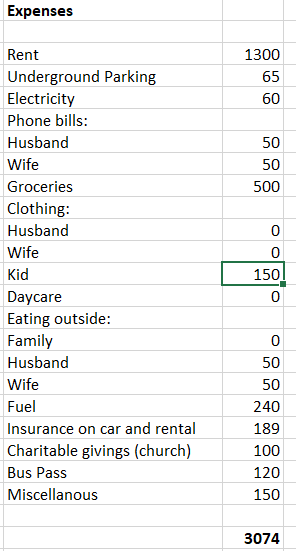
Read also : How to know if tax deductions from your salary is remitted to tax authority in Nigeria.
If you squeeze hard enough, you can keep it under $3k a month.
You would have to tweak things like keep the rent low or spending on food outside etc. We haven't included daycare or sending money home to Nigeria. This is why Canada insists on $20k for a family of 3.
- When choosing where to live, schools play a key role in the decision if you have kids. There are three school systems here - public, catholic & private
Public and Catholic are subsidized by the government while private is expensive. Public and Catholic are more or less free, but you'll be required to make some donations and pay for a few things from time to time - school materials, bus rides, field trips, school projects etc
Public school will admit anyone but catholic schools require you to either be of catholic faith or have your kid baptized by a catholic priest to gain entry. More importantly, the schools only admit a certain number per class so ask if they have space, because you can only attend the school in your neighbourhood.
If they don't have space, they will refer you to another school, which serves as the spillover school for kids from a few neighbourhoods. But if you move to a place where they have space, your kid can walk/ride their bikes to school, quickly assimilate with kids in the neighbourhood, grow with kids their age, form clubs, learn skills from each other unlike having to only meet their friends in school.
Read also : Step-by-Step guide of Negotiating Salaries..
Job
The process for getting a job depends on the profession/career you're in. Very specialized professions like Doctors, Engineers, Lawyers tend to require that you go through the Canadian exams and processes all over again and this could take a couple of years.
I can only talk about a few professions - finance mostly and then general roles in project management, supply chain management, business analysis, HR, Data analysis, accounting, IT etc. This is based of experiences of friends and mine in these fields.
1) I find that having a globally recognized certification goes a long way in affirming your work experience and expertise. This is where a lot of senior older guys, who come to Canada tend to struggle because you have built your career without any of those global certificates and you'll find that your work experience in Nigeria/Africa holds no real currency because there's no common denominator by which they (employers here) can relate to what you've done so far.
This is what often brings up the issue of 'Canadian experience'. Employers will often insist that you have no Canadian experience when they can't find any globally recognized or Canadian equivalent certification on your resume. What is the workaround? You actually have to go get a Canadian equivalent certification or start up on the global one before coming to Canada or as soon as you land.
Often the jobs will require that you show a willingness to complete that certification within a period of time. Some jobs will allow you to start and give you a time to complete the certificate. But if you already have the globally recognized degree, certificate or Canadian equivalent, you've crossed one of the major hurdles. We can move on to the process now. First job search - where do you look for jobs? if there are specific companies you want to work in.
Read also : step-by-step guide of how to complete a cover letter.
you can start from their career pages or better still, start from Linkedin. You'll find more jobs on job boards though
- Indeed
- Eluta
- Monster
Read also : How to become a permanent resident in Canada as a skilled immigrant.
- careerbuilder there are others.
You need to really know what you're looking for also. Do you want a contract or permanent role, temporary/part-time or full-time job? While writing your exams or studying, do you want to do a part-time role or temp job? You could also work a full-time job too.
You can look for professionals in the industry on LinkedIn and see how they describe their roles.
How to optimize LinkedIn profile to enhance job search
Recruiters are also people to meet. If you can find introductions via other Nigerian professionals, ask for a meet. Don't just ask for referrals because they are a connection. Instead, ask for information about the role or recruitment process. Ask for information about the team or department or company. Referrals are actually really difficult to make in some cases, as the person may not be in a position to do so. Let's talk about keywords...
Read also : How To Reach your Financial Goals this year.
Some companies use automated resume scanners, some just use referrals from current employees.
Some companies use Linkedin, some use recruiters (especially for contract roles). quick aside - For contract roles, instead of job boards, try recruitment sites like these
Read also : 10 Things you Should ask Your Partner in a Relationship in Preparation for Marriage.
so back to keywords Companies who use automated scanners for resumes describe the job roles using specific keywords, which they scan for in resumes. For instance, a firm looking to hire an investment banking analyst could for instance say valuations instead of modelling
And if your own resume uses modeling to describe your duties instead of valuation, you'll score nothing on valuations. They subject every resume to these scanners and select only people who match up to 80% or more on keywords and experience and the job description for interview or the next stage.
So when you see a job description you want to apply for, pay attention to the key words and description used for the role. If you have the experience but you've described it in a different way, you need to rephrase to use the keywords.
Another good thing that helps with job hunting here is to talk to many people. Don't keep your job search to yourself. Tell your friends, tell their friends, tell your church members that care to listen. Often times an introduction might be the way you get your first role
Another tip is to sign on to a recruitment agency to get a contract role if you're having issues getting permanent roles. A recruiter only gets paid when you get a job so there's an incentive to ensure you get the job, albeit a contract role. But you also get something the 'Canadian experience' of the workplace. Is the Canadian workplace culture and experience so different from Nigeria? Yes It is very very different but you have to experience it to know. This is why your interview phase is really not so much about your knowledge of the job.
It's more about your fit, can they work with you? are you aggressive/passive? are you confrontational/collaborative? What style of work works best for you? your ability to handle pressure, compromise to get the job done? there's a lot of emphasis on personality.
I often tell people I advise to try and smile more, be more jovial, and try not to be too desperate. Relate, chat, and have fun. Try not to fall into the trap of being too eager to get a job that you settle for the first one you get, make sure its the right fit for you also...
Even after doing all of the above, you could still get a rejection letter... I have tons of those Everyone I know who has made Canada home, has tons of those At some point, it will look like some companies have stored your name as "Reject Immediately".
Dont get anxious...
Author : Kekeocha Justin

